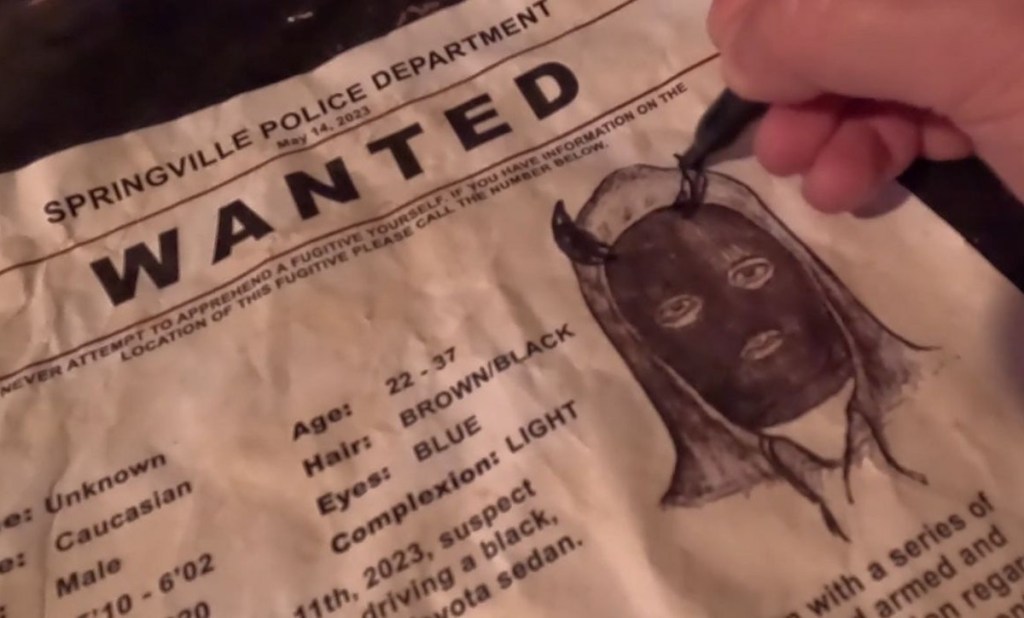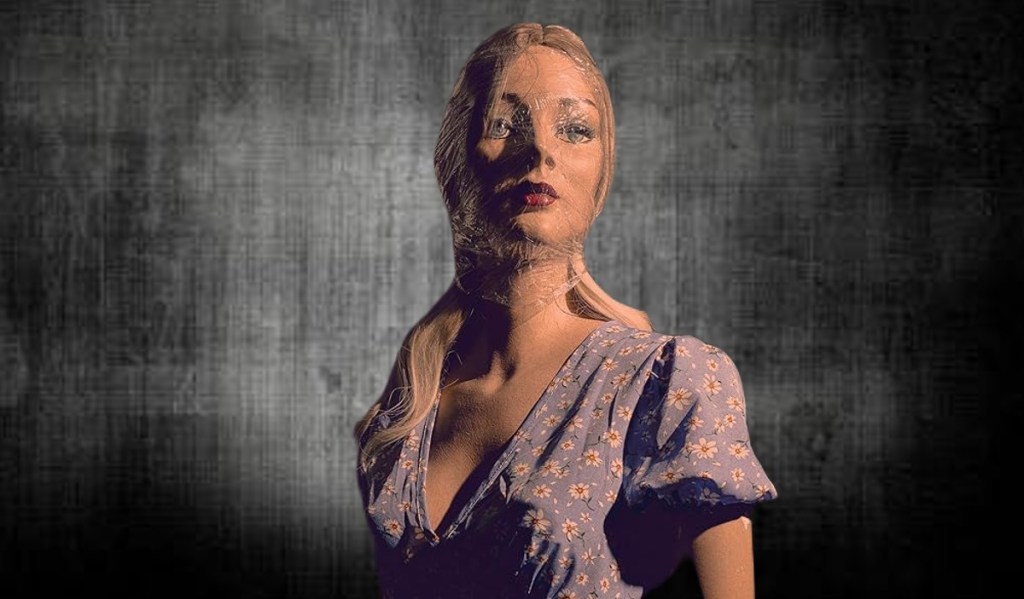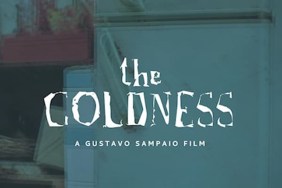In Jason Zink’s Looky-loo, an aspiring filmmaker takes things to the extreme with his obsessive capturing of everyday life.
The killer POV is a longstanding horror tradition, but largely done for short sequences such as Halloween’s opening or Peeping Tom’s camera kills, but Looky-loo is always letting us look through the lens of a mysterious man who films everything.
At first, it’s an almost artful, if questionable, voyeurism, but clearly, he grows tired of glimpses through windows and roaming backyards and dares to take steps beyond, quietly invading the homes of his subjects to document their lives.
What’s on this man’s mind? Why is he documenting these things? The natural conclusion is understandably that the answers won’t be anything good. What is chilling about Looky-loo is that it quietly takes us through the protagonist’s process as they escalate their curiosity into increasingly illegal actions.
As the viewer, we’re left to watch on as the protagonist searches for ways into properties via unlocked back doors, hide-a-keys, and the like (it should definitely make you think twice about where you leave a spare key). There’s an illicit thrill in joining this man on his excursions into homes while the occupants are out, making it relatable in a very disturbing way. In reality, we might ponder what a house we pass looks like on the inside, but we’re not about to walk up and see if we can get a peek at it. Looky-Loo is very much about a man finding reason and motivation to satisfy that curiosity, but unable to actually find the satisfaction he craves.

Which, of course, leads him down more sinister pathways. Now we’re thrust into intense scenes of him walking about homes with the owners still in them, avoiding detection, but constantly close to being discovered. The way he so cooly breaks the moral barrier and gets away with it speaks disturbing volumes about what people can do in plain view, and that only encourages him to get almost relaxed about it, which leads to a very dark outcome that shifts his intentions completely.
No prizes for guessing what he escalates to after getting keys cut, hiding in closets overnight, and standing in bathroom doorways as his ”subjects” shower, but it’s morbidly compelling to witness, which is proof of how successfully Zink has built his film. The protagonist isn’t purposefully crossing lines at first, but once that last line is crossed, his approach morphs into something uglier and more depraved.
What’s especially impressive is how all this is achieved with minimal dialogue. Actions definitely speak louder than words in Looky-loo, and the perspective, which never wavers, drags the viewer kicking and screaming into the situation. Being a passenger on this increasingly distressing ride makes for an uncomfortable time, but it’s hard not to be impressed by Zink’s displays of vulgarity.
When words are used in the final scene, they tell us everything about the protagonist’s intentions and his reasoning—a creepy final punch in the gut.
Looky-loo is a disturbing, captivating use of found footage. A document of escalating depravity and boldness that is hard to look away from.
Score: 8/10
As ComingSoon’s review policy explains, a score of 8 equates to ”Great.” While there are a few minor issues, this score means that the art succeeds at its goal and leaves a memorable impact.
Looky-loo was screening at the Unnamed Footage Festival.










